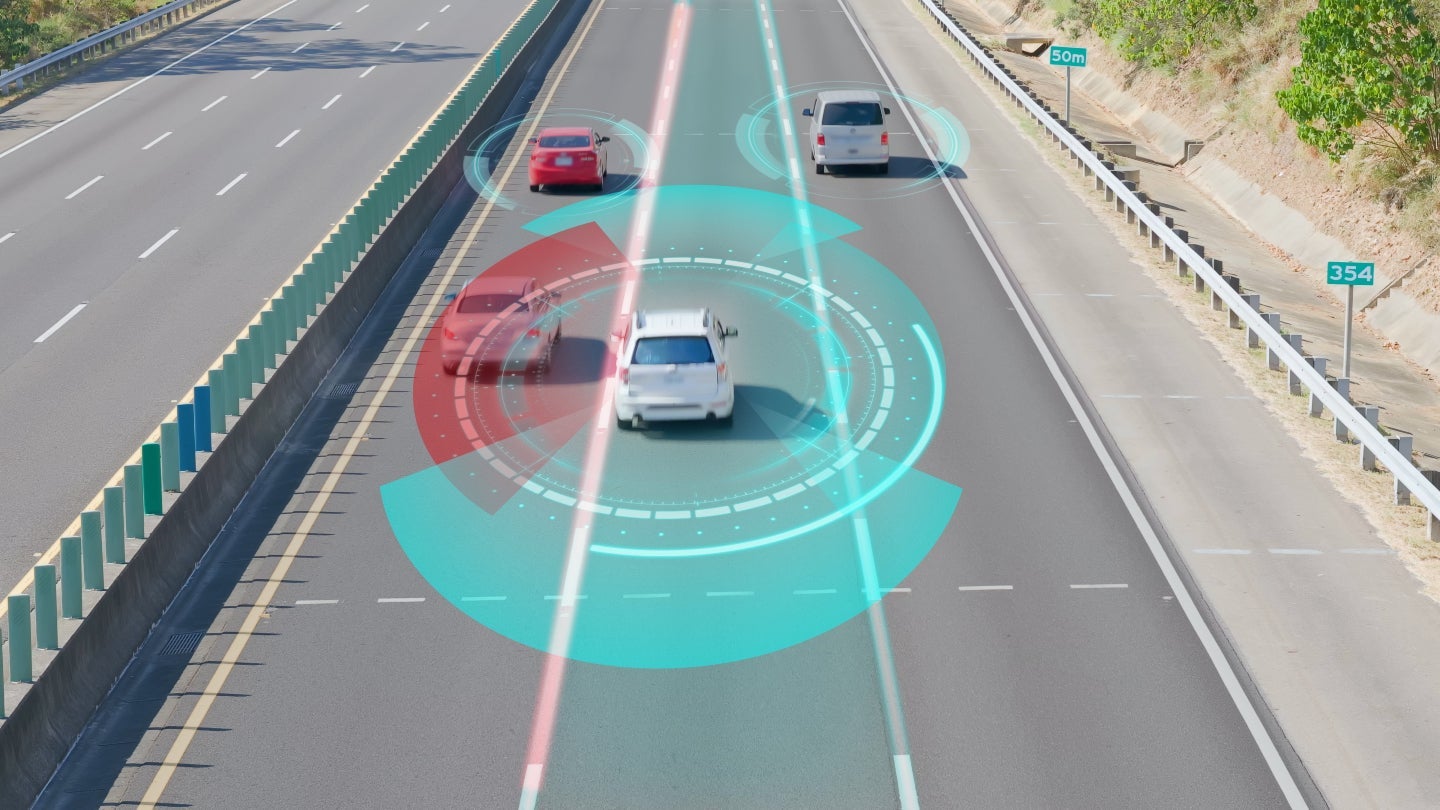
Artificial intelligence (AI) will be crucial for ensuring that autonomous vehicles (AVs) not only function but also adhere to safety regulations, according to a new report.
GlobalData’s Artificial Intelligence in Automotive report notes that AI has already transformed large swathes of the automotive value chain, boosting efficiency, innovation and product quality. It goes on to say that the technology will continue to revolutionise the industry, with the AI fields of machine learning (ML), computer vision (CV) and natural language processing (NLP) all integral to the development of AVs.
Outlining the roles that each of the fields will play, the report explains that ML is already used to train AVs to recognise patterns in sensor data, make decisions and improve their performance over time. These skills are required for AVs to identify and respond to traffic signals, obstacles and other vehicles.
One example of ML being employed in the industry is the WorldGen-1 multi-sensor generative AI model introduced by California-based startup Helm.ai. The model is used to simulate an AV stack, including a virtual environment in which the various components of an AV system like sensors, perception algorithms, decision-making algorithms and control systems can be tested and validated.
Subsequent to ML having been used for training AVs on sensor data, CV algorithms are then used onboard AVs to process the visual data captured from cameras and sensors. They are used to detect and classify objects, such as pedestrians, vehicles and road signs.
NLP allows AVs to understand commands, provide information and communicate intentions, enhancing user experience and safety. Drivers might use voice control to ask for directions to a particular location, for example, or to launch a particular radio station.
“OEMs such as Volkswagen have incorporated ChatGPT into their voice assistants, giving the vehicles new capabilities such as temperature control, enhanced navigation, or general knowledge,” the report states.
NLP is also used in other ways within the sector, such as in the ChatGPT-based Seezar automotive retail platform, which is essential a voice-powered chatbot for dealerships.
GlobalData’s report explains: “The AI acts as a virtual sales assistant, providing personalised recommendations based on customers’ individual preferences and needs. The model is trained to comprehend and respond to a wide range of customer inquiries, such as vehicle specifications, financing options, delivery and pick-up and general customer service.”
In this way, Seezar helps to reduce the amount of human interaction required, streamlining the sales process.







